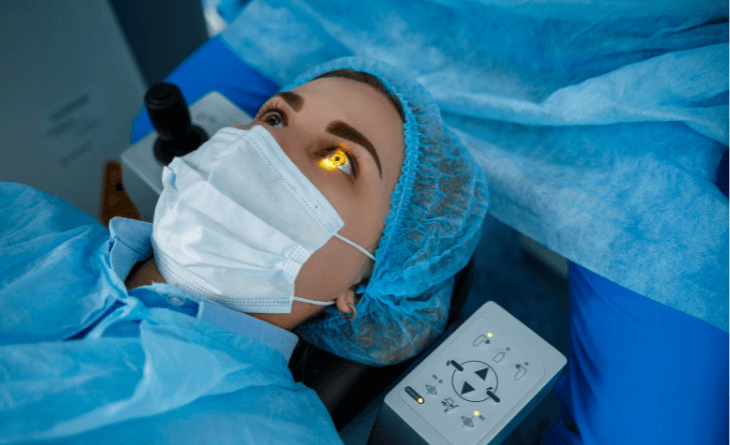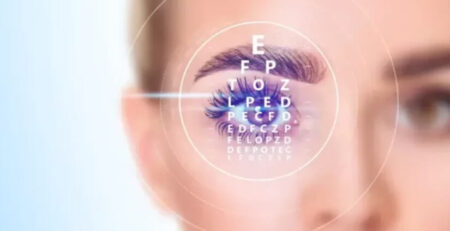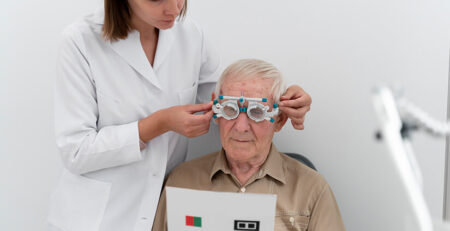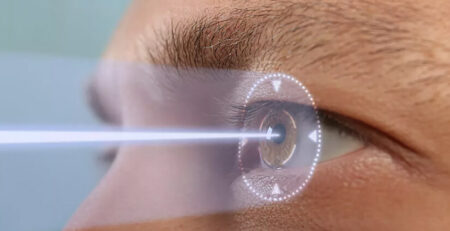Who Should Not Have Laser Eye Surgery?
If you are wearing eyeglasses, then surely you have heard about laser eye surgery.
Laser eye surgery, like LASIK and PRK, gives the freedom from glasses and contacts. While laser eye surgery has helped millions of patients, it is not for everyone. Certain factors can disqualify you as an ideal candidate for the procedure or increase the risks involved. So, who should not consider laser eye surgery?
Let’s find out!
People Under 18
The human eye continued to develop until the early 20s. This means that the shape and size of the cornea are still changing during adolescence. Performing surgery on an eye that is still growing can lead to inaccurate results and the need for further surgery later in life, which could increase the overall laser eye surgery cost. Therefore, the minimum age for laser eye surgery is 18, preferrably 21 years. At this time, the vision prescription becomes stable. If your vision prescription is still increasing, you should wait another year or two to stabilize your eyeglass number.
People With Thin Cornea or too steep cornea
During the laser surgery, your eye doctor will create a thin flap to reshape the cornea and correct the vision problem. If your cornea is too thin and/or too steep, removing additional tissue can weaken its structure, leading to serious complications like cornea ectasia, infection or dry eyes. So, if your cornea is not suited for LASIK, other methods are used to correct refractive errors. This is determined by some corneal testing.
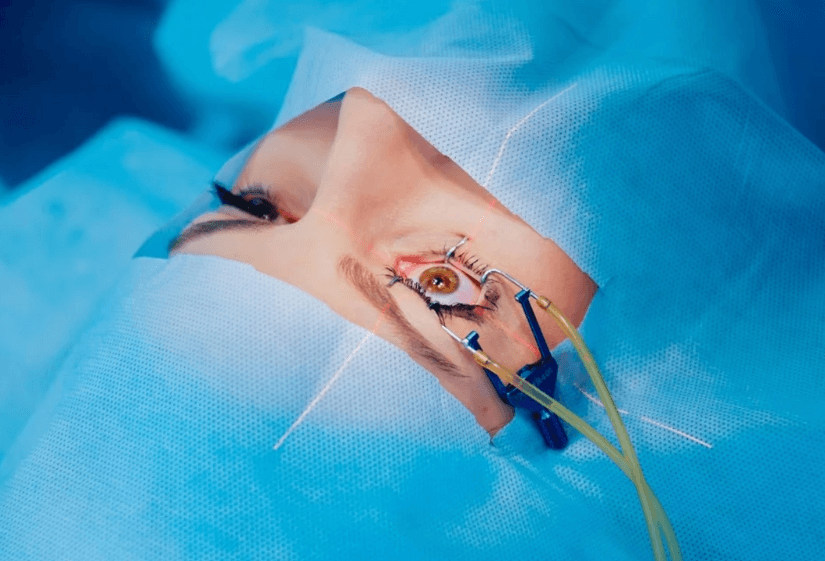
Pregnant or Nursing Women
Pregnancy and lactation lead to significant hormonal changes, temporarily affecting your vision. This can cause conditions like nearsightedness or astigmatism, resulting in inaccurate pre-surgery measurements. Additionally, fluid retention during pregnancy might lead to fluctuations in corneal thickness, further impacting results. So, it is best to wait until your vision has stabilized after finishing breastfeeding before considering laser eye surgery.
People Having Dry Eyes
Dry eyes can significantly increase the risks associated with the surgery, leading to complications like postoperative pain, worsened dry eye symptoms, and delayed healing. This is because dry eyes lack the lubrication needed for proper corneal healing and stability after laser reshaping.
People Who Have Systemic Diseases
If you’re currently battling an illness, recovering from a major illness or surgery, or have uncontrolled medical conditions like diabetes or autoimmune diseases, you should postpone your laser eye surgery. These situations can affect your body’s healing abilities and increase the risk of complications like infection, blurry vision or dry eyes.
Furthermore, if you plan to travel for laser eye surgery, discuss your general health with your surgeon at the best eye hospital in Delhi. This proactive step helps avoid potential complications and ensures a smooth post-operative journey, eliminating the need for repeat visits.
How do you know if you are a good candidate for laser eye surgery?
It’s better to consult with an ophthalmologist specializing in laser eye surgery, like Dr Anisha Gupta. She will conduct a comprehensive eye exam, including a thorough history and evaluation. She will measure your corneal thickness, pupil size, refractive error, and tear production. Based on the assessment, she will determine your suitability for laser eye surgery and recommend alternative options if needed.

